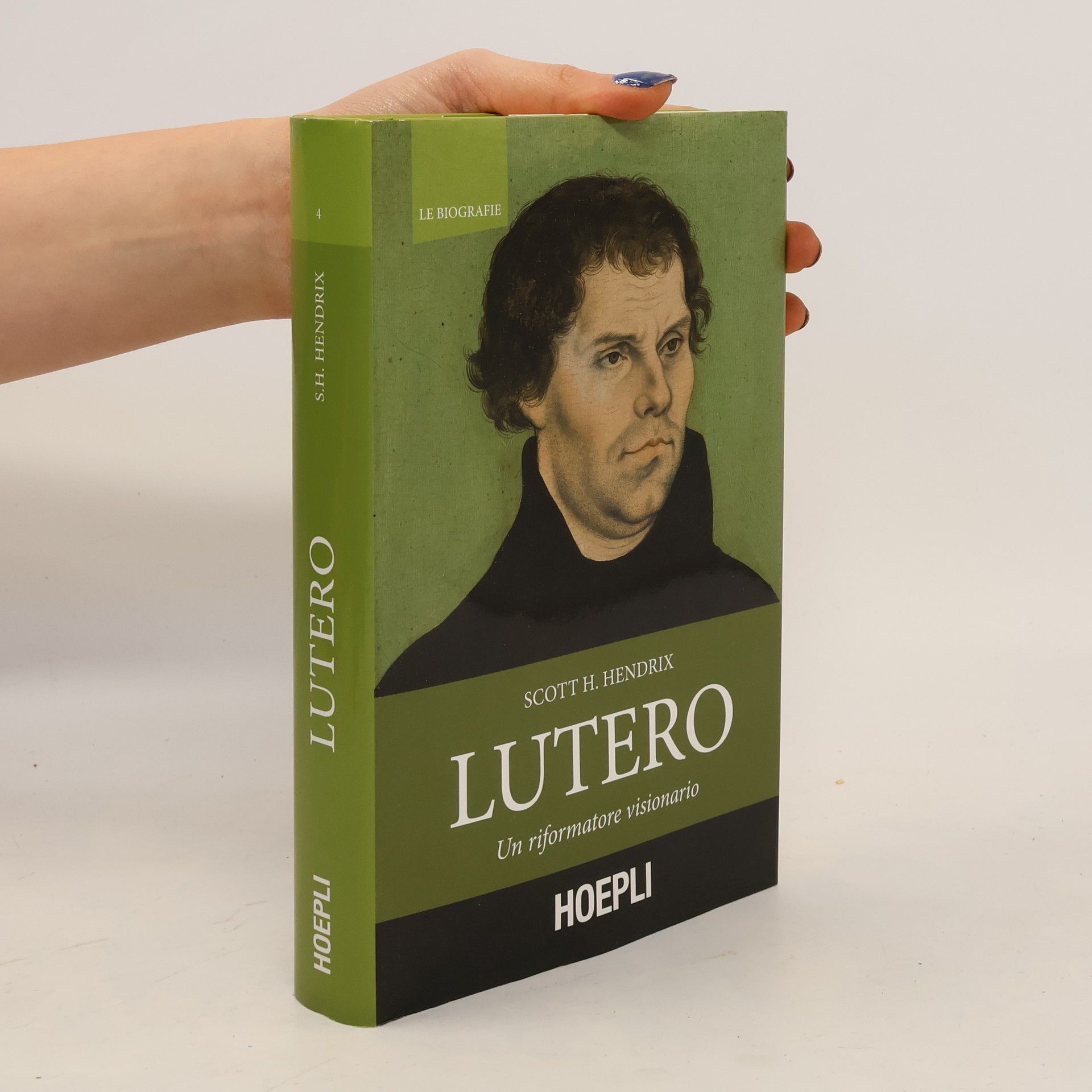Lutero. Un riformatore visionario
- 414 páginas
- 15 horas de lectura
ll 31 ottobre 1517 Martin Lutero, che era all'epoca uno sconosciuto frate agostiniano, fa affiggere sul portale della chiesa di Wittenberg le sue celebri 95 tesi. È l'inizio del duro conflitto con la Chiesa di Roma e della Riforma protestante, che creerà una frattura mai più sanata nella cristianità. In occasione del cinquecentesimo anniversario dall'evento, Scott Hendrix ci offre un penetrante ritratto non solo di Lutero, ma anche del complesso contesto storico e sociale in cui visse. Nella nuova e audace biografia di Scott Hendrix, Lutero non ha né i tratti del santo senza macchia e senza paura, né quelli del fanatico religioso. È invece un frate della Germania del XVI secolo, un uomo cioè del suo tempo, con tutte le sue contraddizioni: uno studioso e un insegnante di straordinaria cultura, un essere umano talentuoso e imperfetto, guidato dalla visione di una «vera religione» ottimistica ma mai realizzata fino in fondo. Hendrix apre così una prospettiva del tutto inedita su una delle più dirompenti e importanti figure religiose della storia, concentrandosi sull'intera vita di Lutero, piuttosto che sulla sua sola teologia. Grazie alle acquisizioni degli studi più recenti e a un impiego estensivo della corrispondenza di Lutero, Hendrix ci restituisce un ritratto, quanto mai ricco di dettagli, di un uomo straordinario, molto devoto e coraggioso, non privo tuttavia di diverse zone d'ombra.
